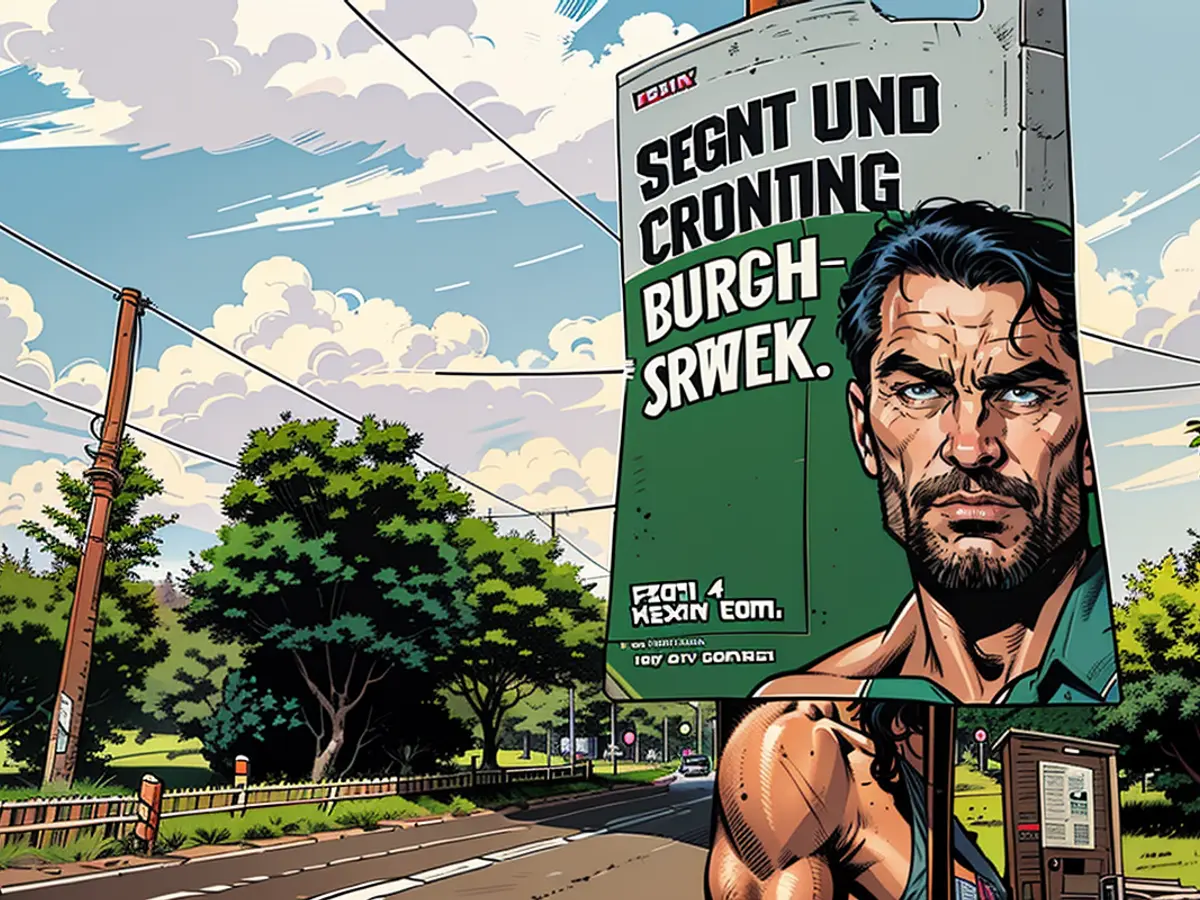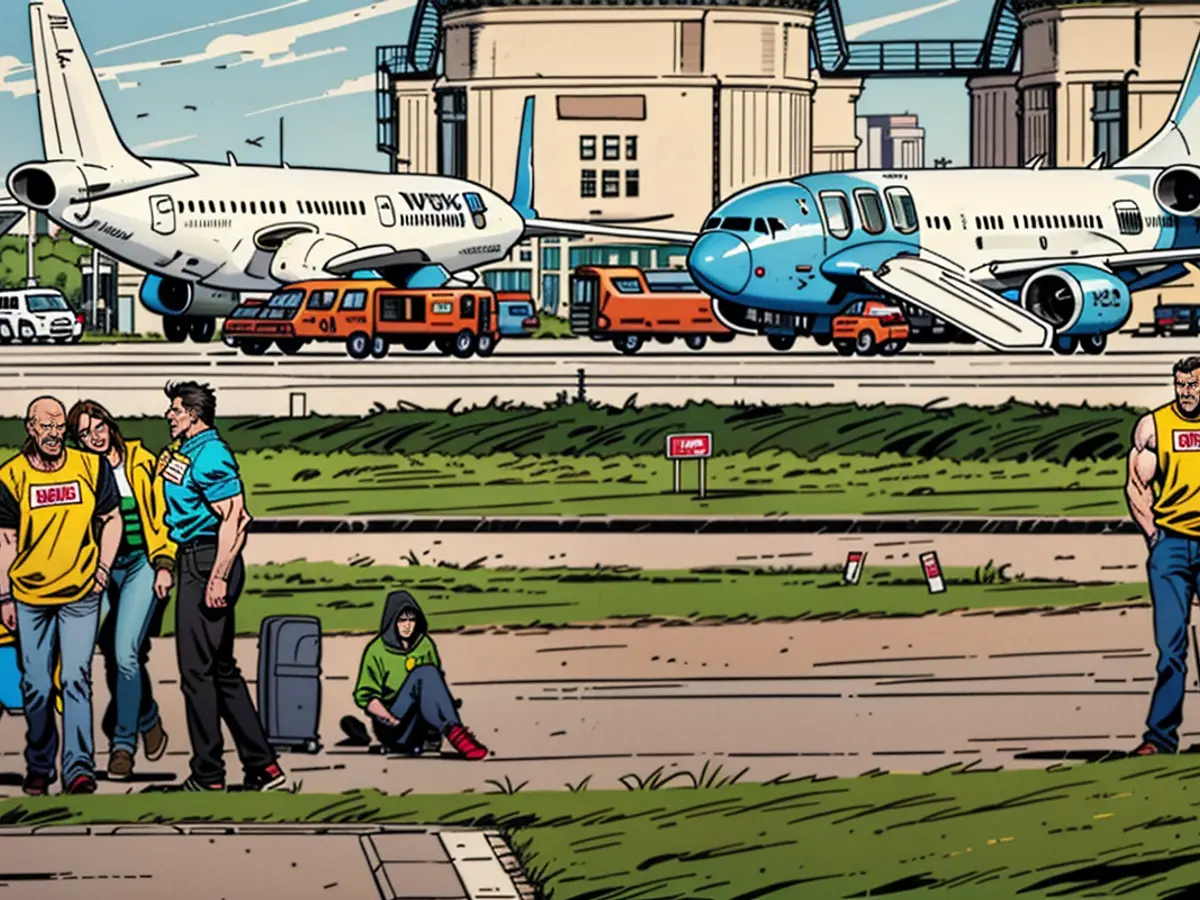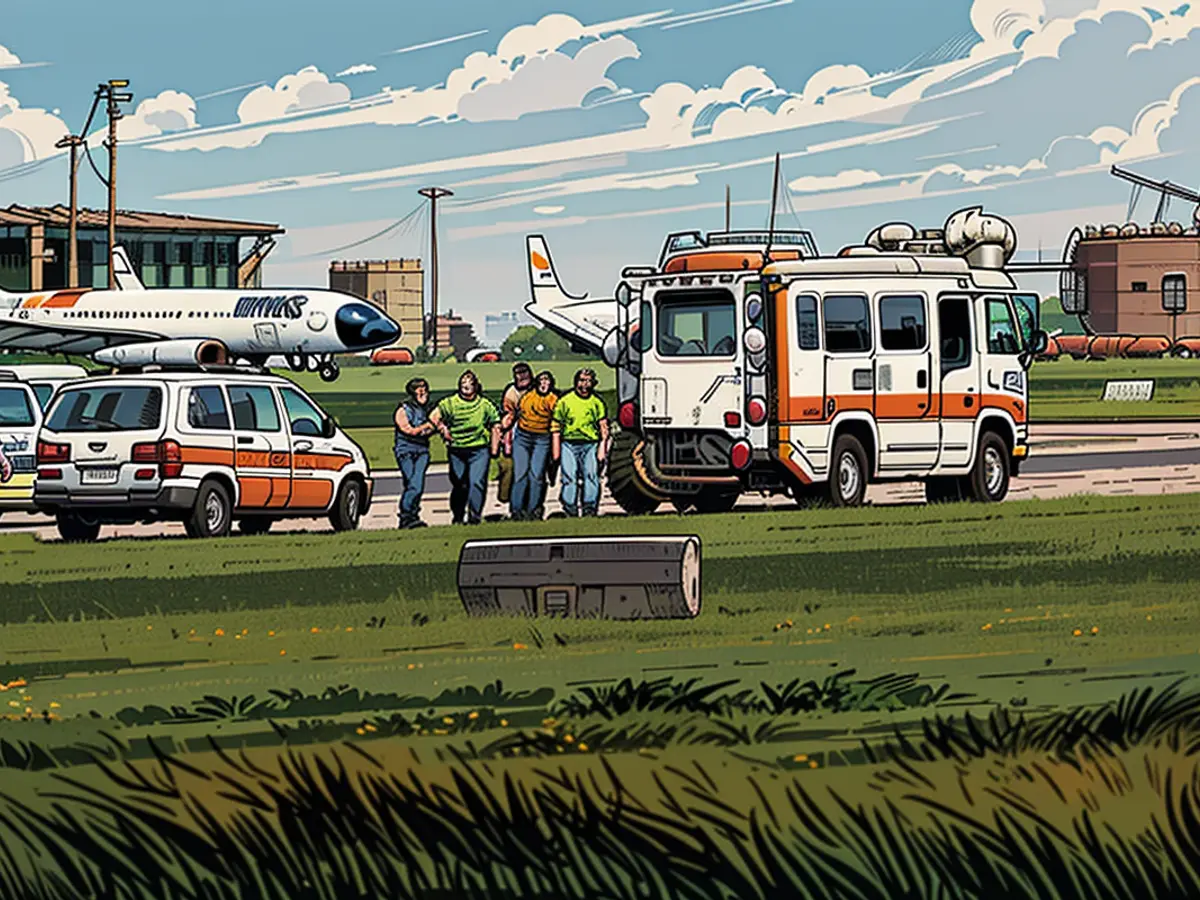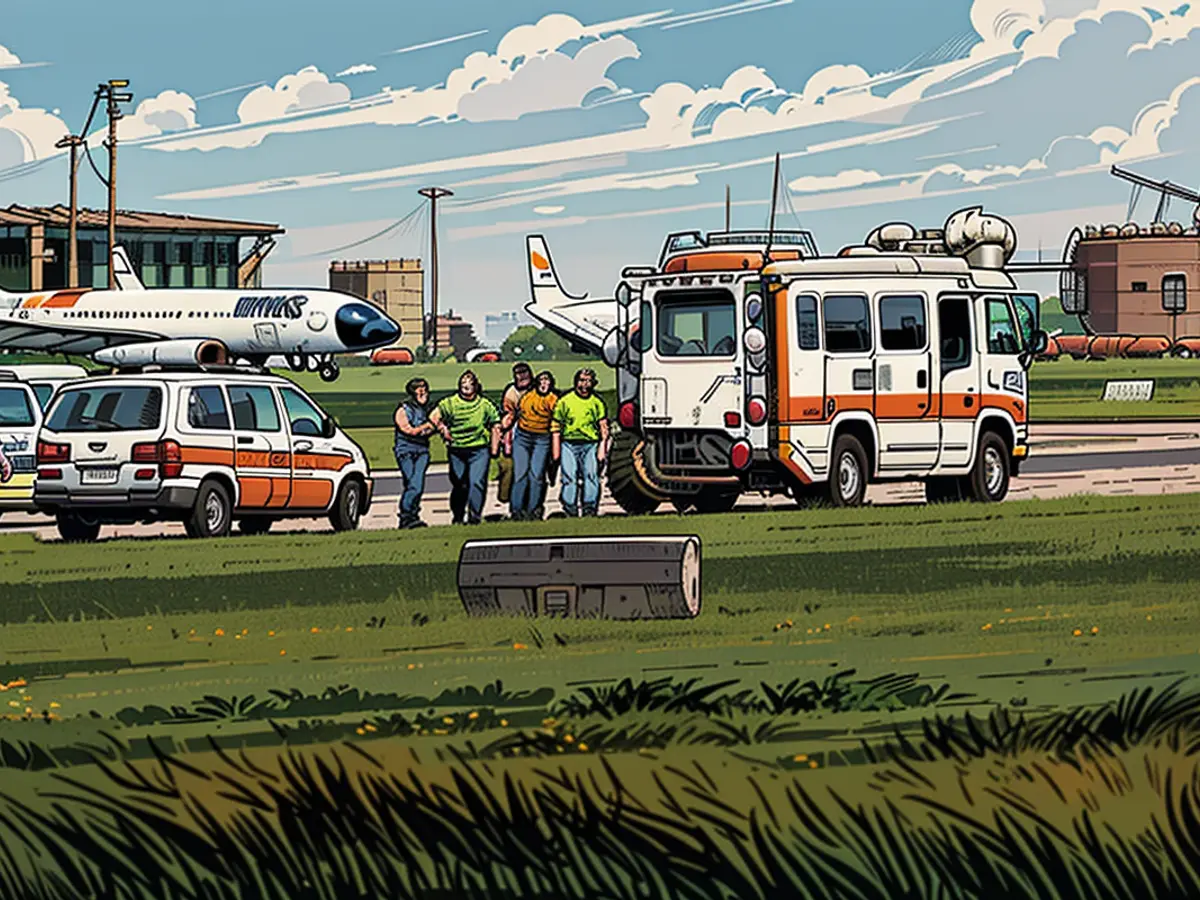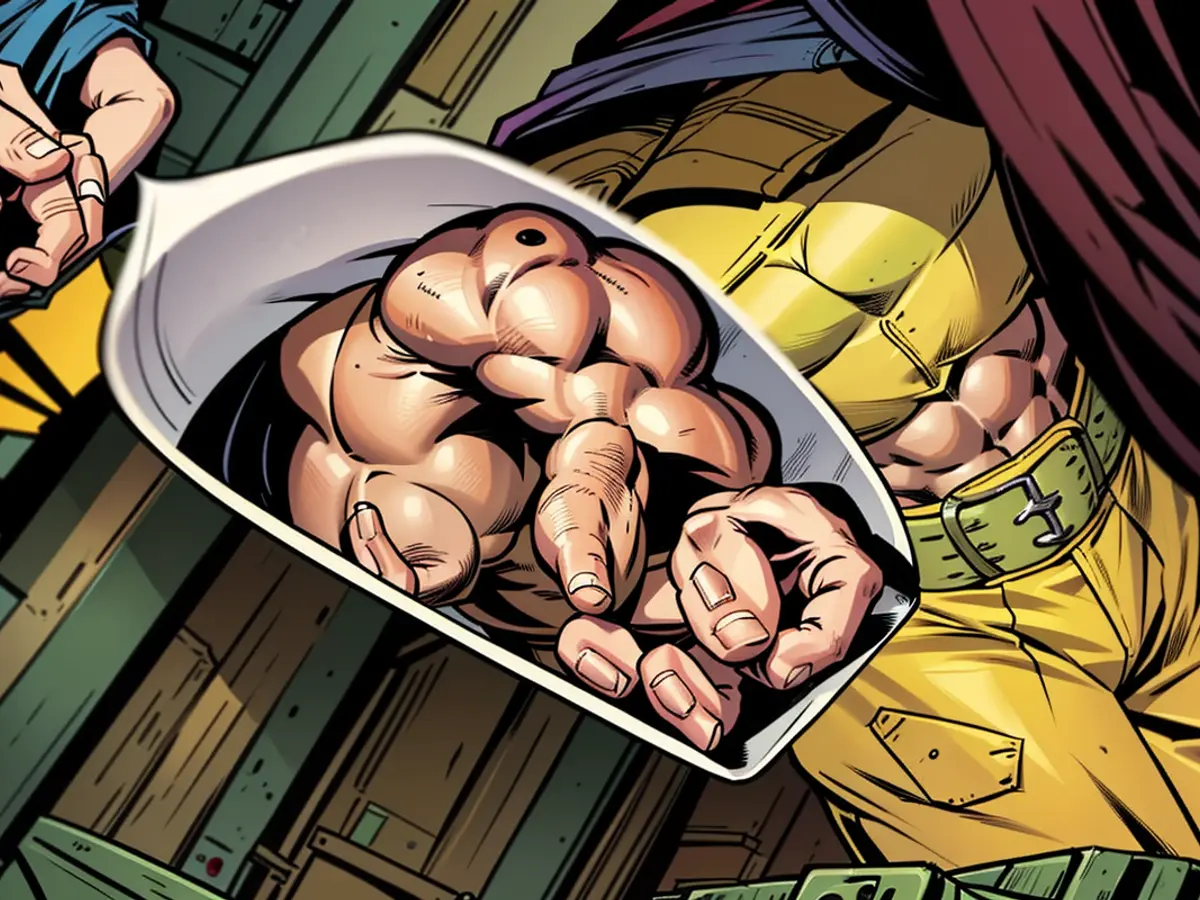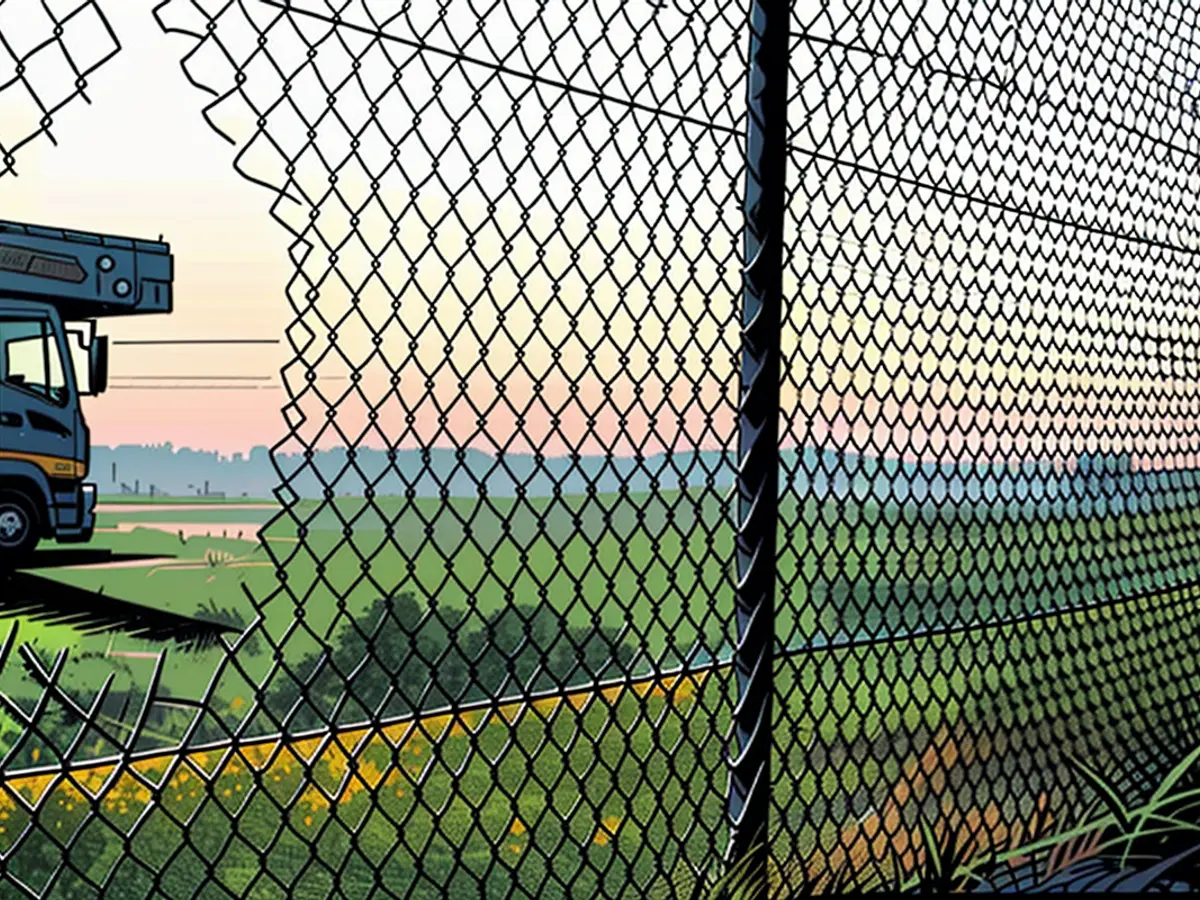Kretschmer en el frente, Ramelow abajo, BSW está creciendo fuerte
A principios de septiembre se celebrarán elecciones estatales en Sajonia y Turingia. Mientras que en Dresde, el Ministro Presidente Kretschmer puede esperar otro mandato, mucho en Turingia apunta a un cambio de gobierno. El BSW es probable que sea una fuerza política significativa en ambos estados.
Unas pocas semanas antes de las elecciones estatales de Sajonia, es discernible una mayoría para la coalición gubernamental. La CDU del Ministro Presidente Michael Kretschmer está en el 34 por ciento. La SPD y los Verdes pueden esperar actualmente un 6 por ciento cada uno, según el Politbarómetro de ZDF. La AfD sería segunda con el 30 por ciento, seguida del BSW con el 11 por ciento. Otros partidos no estarían representados en el Parlamento estatal de Dresde, incluyendo La Izquierda.
El Ministro Presidente Kretschmer disfruta de un gran apoyo. Casi dos tercios de los encuestados (64 por ciento) quieren que el hombre de 49 años continúe liderando el gobierno del estado libre. Solo el 14 por ciento quiere al desafiante de la AfD, Jörg Urban, en el cargo de jefe de gobierno -ni siquiera la mitad de los votantes de la AfD. En general, el 60 por ciento de los electores de Sajonia quieren que la CDU continúe liderando el gobierno.
En cuanto a las tareas políticas, una cuarta parte (25 por ciento) nombra la migración como el tema más importante. Para el 20 por ciento, la AfD y la derecha en general son los temas más urgentes. El 18 por ciento nombra la escuela y la educación como los mayores desafíos. Cada décimo respondent menciona la inflación, y cada noveno respondent menciona la situación económica.
Los Verdes se quedan fuera del Parlamento estatal en Erfurt
Al igual que Sajonia, Turingia también elegirá un nuevo Parlamento estatal el 1 de septiembre. La encuesta muestra a la AfD claramente en cabeza con el 30 por ciento. La CDU la sigue con el 21 por ciento, y el BSW puede esperar el 19 por ciento, probablemente a expensas de La Izquierda, whose result would be halved compared to the election five years ago. Los tres partidos del gobierno minoritario de Bodo Ramelow quedan atrás: La Izquierda está en el 15 por ciento, la SPD en el 7 por ciento. Los Verdes, actualmente parte del gobierno, no volverían a entrar en el Parlamento estatal de Erfurt.
Esto significa que es posible un cambio de gobierno en el estado libre, ya que la CDU bajo el estado chairman Mario Voigt no ha descartado una coalición con el BSW. Sin embargo, también tendría que cambiar de bando la SPD. Turingia tendría entonces una coalición con su propia mayoría en el Parlamento después de cinco años.
When asked about the next head of government, incumbent Ramelow is ahead, both against AfD state chairman Björn Höcke and against Voigt. More than a third (36 percent) think the CDU should lead the next government. Around 26 percent want The Left at the helm. And, as in Saxony, the proportion of those who find an AfD-led state government desirable (14 percent) is significantly lower than the survey result for the right-wing populists.
Regarding the greatest challenges in the free state, education (23 percent) is ahead of migration (22 percent), right/AfD (19 percent), and infrastructure (11 percent).
Finally, 67 percent of respondents in Saxony and 60 percent in Thuringia said their voting decision was already final three weeks before the election. This means that about a third of respondents have not yet made a final decision on which party to vote for.
For the survey, the Forschungsgruppe Wahlen polling institute reportedly interviewed 1003 or 1015 randomly selected eligible voters in the two federal states by phone and online from August 5 to 8. The survey is thus representative of the eligible population in those areas.
After the survey was released, the CDU under state chairman Mario Voigt is considering a coalition with the BSW in Thuringia, which could potentially result in a change of government. The elections to the Landtag of Thuringia on September 1 show the AfD leading with 30%, followed by the CDU at 21% and the BSW at 19%.
Despite the lead of the AfD, a majority of respondents (36%) believe the CDU should lead the next government in Thuringia, with only 26% preferring The Left at the helm. However, a third of respondents in Thuringia have not yet made a final decision on which party to vote for.
Lea también:
- Se constituye un nuevo grupo parlamentario de derechas en el Parlamento Europeo, sin la AfD
- Indignación por supuestos planes de asesinato contra el CEO de Rheinmetall
- La alianza de derechas de Orban en la UE, a punto de alcanzar la categoría de grupo parlamentario
- USA pidiendo acuerdo de rehenes - advirtiendo palabras a Netanyahu
